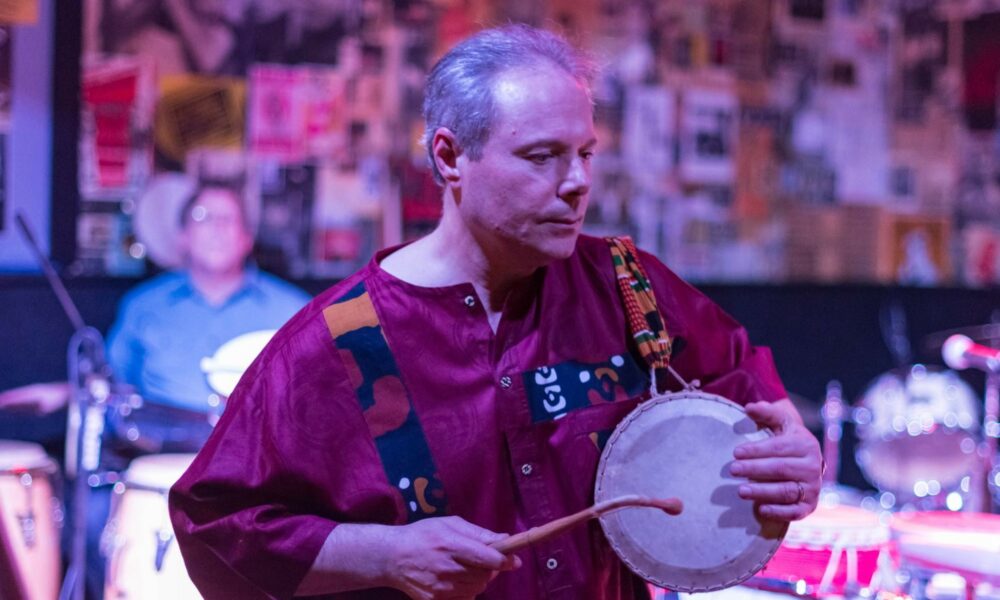

Today we’d like to introduce you to Rich Holly.
Hi Rich, so excited to have you on the platform. So, before we get into questions about your work life, maybe you can bring our readers up to speed on your story and how you got to where you are today.
I’ve been learning and performing music since I was six years old. Primarily studying music and overwhelmingly as a percussionist, I studied other musical instruments as well as visual art and theatre and took dance classes in college. In addition to several performing credits worldwide (North Carolina Symphony, Illinois Chamber Symphony, solo and chamber music performances at festivals and major concert venues all over the world), I have over 150 published articles and two published books. I’ve been a faculty member and administrator in the arts at the university level for nearly 43 years and have served as a board member and board president for several arts-related non-profit organizations at the state and national levels. These experiences were instrumental in my being hired to be the Executive Director for the Arts at NC State University in 2015.
We all face challenges, but looking back, would you describe it as a relatively smooth road?
It’s been more smooth than bumpy along the way, and like most of us, I’ve had to figure out how to smooth out those bumps. I frequently think how fortunate I’ve been, often to be in the right place at the right time to have an influential person hear me perform or be a keynote speaker and offer new opportunities to me. I chose my mentors carefully, which has been significant to my growth as a person, musician, and arts leader. Some of my struggles have been related to my health. Both of my parents had multiple diseases for their entire adult lives, and I inherited some or most of those genes. In these as well as in musical or leadership struggles, I keep returning to my “can-do” attitude. I can get through this; I will get through this – and this positive attitude has enabled me to surge forward. Thankfully, I learned early on that in order to succeed at a large goal, you first have to succeed at each of the mini-goals along the way. When I’m challenged, I determine what steps need to be taken and work on each of those one-by-one without letting the over-arching goal create any anxiety. Having smaller, attainable goals has helped me keep my can-do attitude, so it comes full circle.
Thanks for sharing that. So, maybe next you can tell us a bit more about your work?
One of the first opportunities I had that set me on my path was where I attended elementary school the New York City suburbs. I was so lucky that my elementary school band director was also a first-call tuba player in the orchestra pits on Broadway! He kept a few of us after school one day each week and taught us numerous things about music and music styles that we would never have learned about at that age in any other setting. His generosity of time and his tremendous spirit has stuck with me my entire life. My current position oversees and engages, and collaborates with a large group of arts professionals in music, visual art, theatre, dance, and arts entrepreneurship as well as art and design museum professionals, providing hundreds of arts opportunities and events each year, which lead us to engage with approximately 8,500 students and over 50,000 community members each year. My actual work entails budget concerns, fundraising, facilities concerns, programmatic elements, and (my favorite) dreaming about what we can do in the future to impact the NC State student body and our community patrons and partners. I chair the campus public art committee, which is extremely rewarding to see a variety of artists’ work come to fruition and be installed on campus in order to inspire current and future generations of students and campus visitors. I am, at heart, still a percussionist, and I make sure that I continue to practice on a regular basis. We have a faculty rock band, The Quadrivium Project, for which I play drums and percussion and provide some backing vocals. I have arranged and composed for percussion ensembles, and my works are performed frequently at colleges and universities. One item I am very proud of is that I served as President of the Percussive Arts Society (www.pas.org), the international organization for percussionists, for two years. During my presidency, we increased membership to 10,000 worldwide and moved the organization’s headquarters, museum, and annual convention to Indianapolis, Indiana. What I believe sets me apart from others is that I am firm proponent of servant leadership – I am here to do everything I can to help my colleagues and students be as successful as they can possibly be. It’s about them; it’s not about me.
Any advice for finding a mentor or networking in general?
I know we’ve heard this before, and it’s true: do your research! Determine your goals and take the time to figure out who can best help you get there. Another fortunate situation for me was performing as a 14-year-old and being heard by the conductor of the Long Island Youth Orchestra, who asked me to join the orchestra. In that orchestra, I met dozens and dozens of high school students who were auditioning for Juilliard, the Manhattan School of Music, the Eastman School of Music, Boston Conservatory, and the like. Through talking with them both before and after their auditions and which school they ultimately selected, I chose the perfect school for me to set my sights on (the Crane School of Music, SUNY Potsdam), and it has all worked out wonderfully. My primary professor there was and still is a huge supporter and inspires me every day. My relationship with him led to choosing the perfect graduate school for me, the School of Music at East Carolina University, where again I had a tremendous primary professor and mentor who is also still a big part of my life. The second bit of advice I have is don’t be shy when it comes to networking – walk right up to people who you believe you want a relationship with and introduce yourself. Compliment them on something they’ve accomplished and ask them how they got started. Let the conversation and relationship flow from there. What I believe works well is to always be honest and sincere – don’t sell yourself short, but don’t exaggerate, and certainly don’t make anything up about your background. If you’re not yet comfortable asking questions, find out what questions are typically asked in your field and practice asking them while looking in a mirror.
Contact Info:
- Website: https://arts.ncsu.edu/
- Instagram: www.instagram.com/artsncstate
- Facebook: https://www.facebook.com/artsncstate
- Twitter: https://twitter.com/artsncstate?lang=en
- Youtube: https://www.youtube.com/@artsncstateoutreachengagem6937
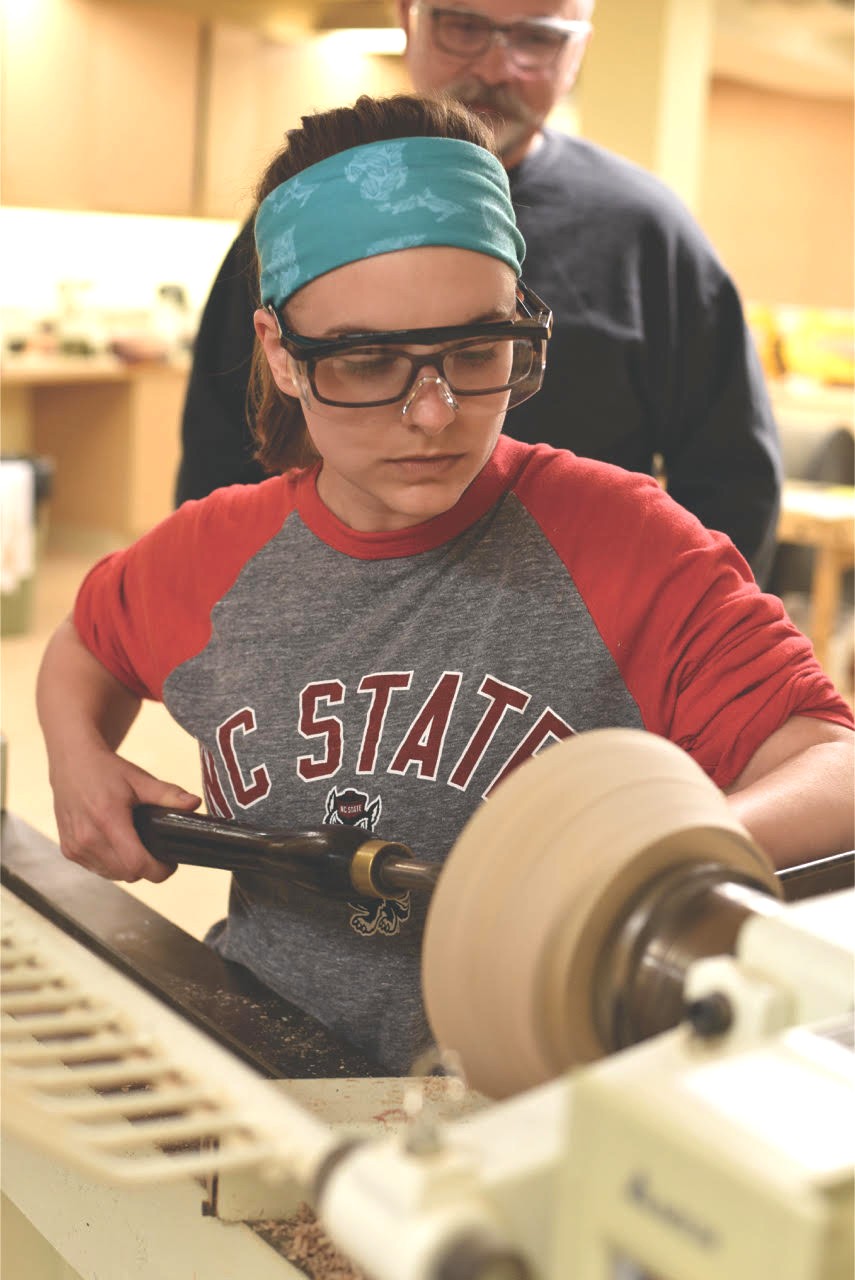
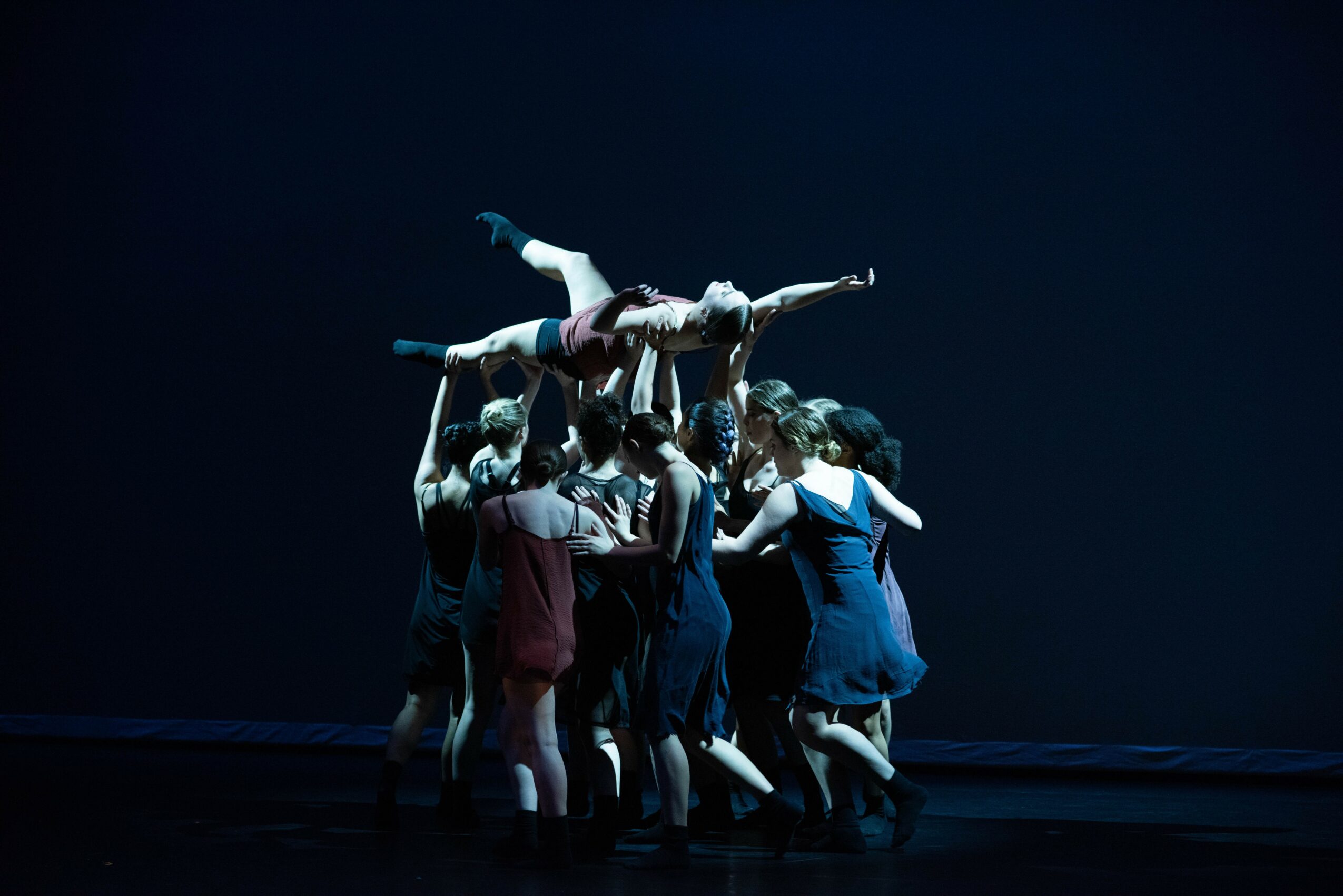

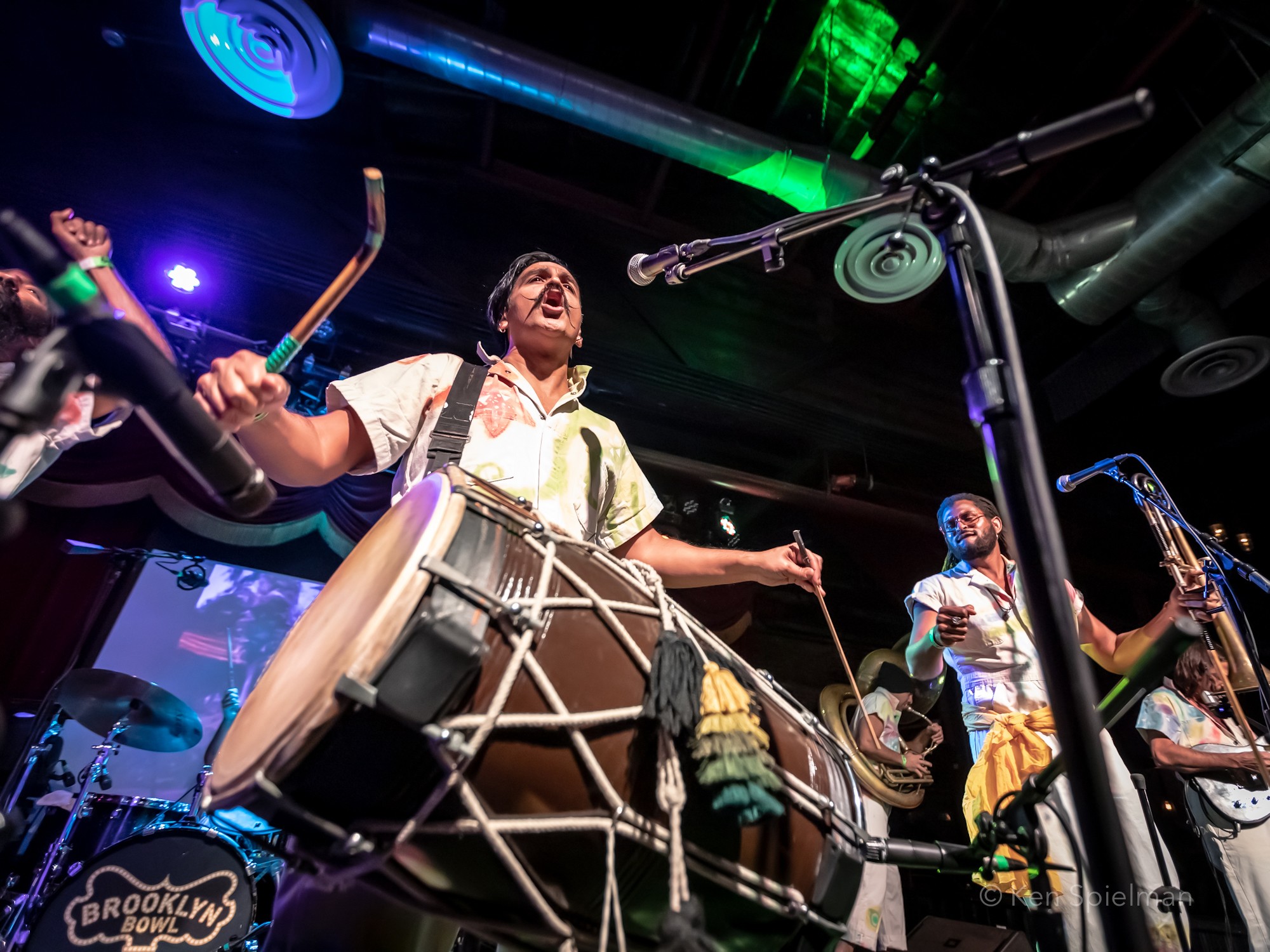
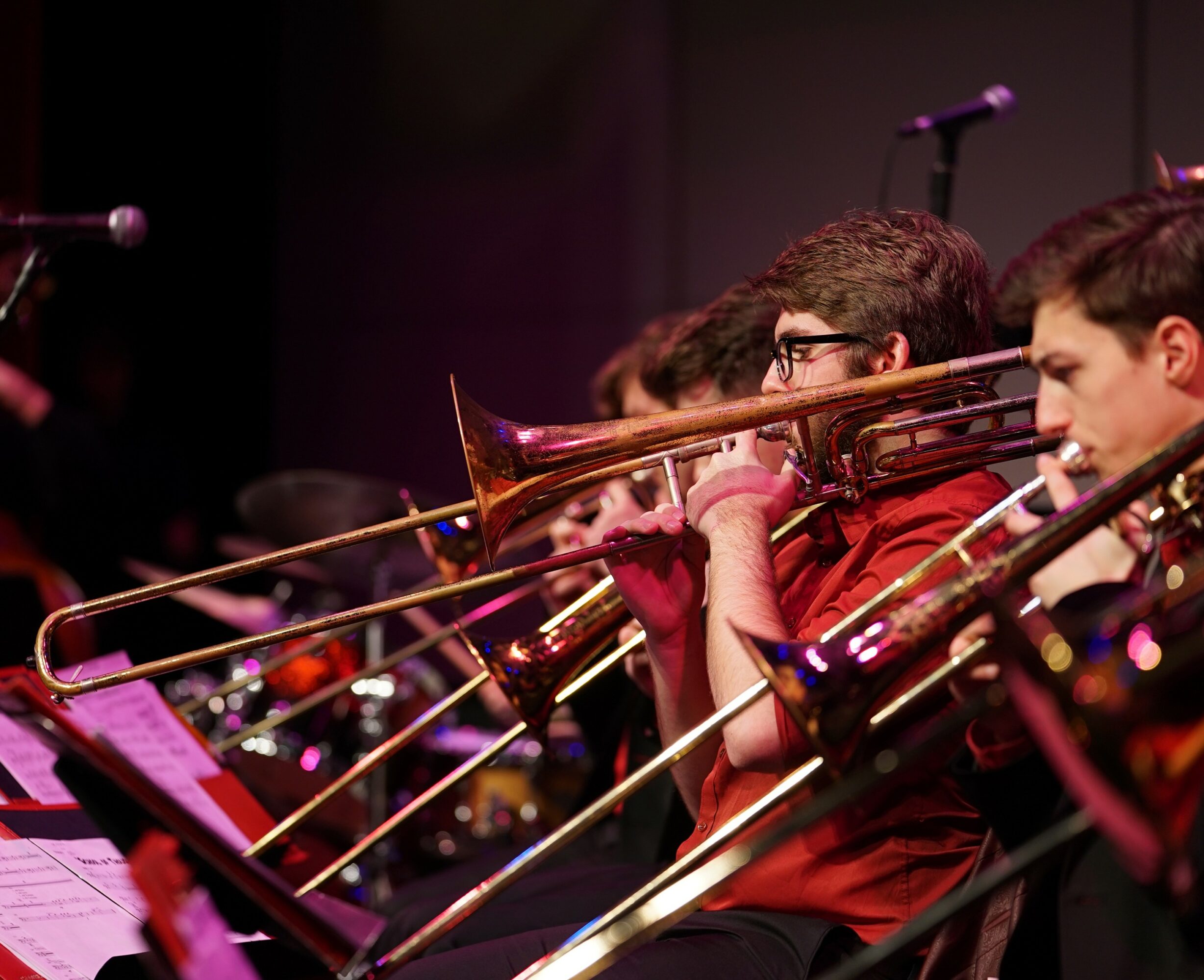

Image Credits
Rich Holly
Robin Harris
Mark Tulbert
Jillian Clark
Matt Gay
Erin Zanders
Ken Spielman
Ron Foremen











